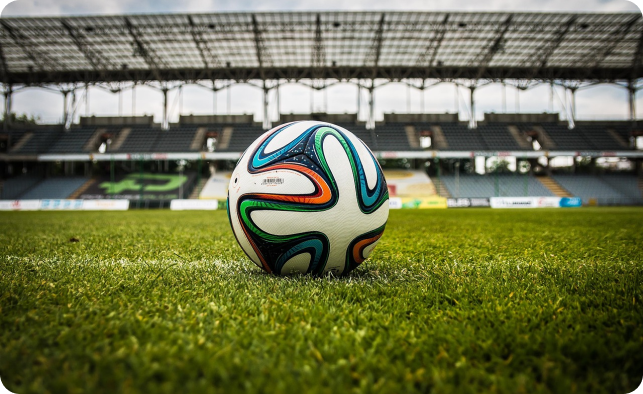Both sports and recreation play crucial roles in enhancing the overall quality of life.
A growing emphasis on holistic wellness has led to the integration of wellness practices into both sports training programs and recreational offerings. Recreation provides a way to unwind and reduce stress.
Key Points of Connection: Sports and Recreation
Sports
Sports involve organized and competitive physical activities governed by a set of rules or customs. They often involve individual or team participation and can be categorized into various types, including team sports (e.g., soccer, basketball, football), individual sports (e.g., tennis, golf, swimming), and Olympic sports.
Recreation
Recreation refers to activities that people engage in for enjoyment, relaxation, and leisure. These activities can be both physical and non-physical and may include hobbies, games, outdoor pursuits, and other forms of entertainment.
#1 Event Planning
Choosing appropriate venues for sports events or recreational activities, considering factors like accessibility, facilities, and capacity.
#2 Scheduling
Creating schedules and fixtures for sports leagues, tournaments, or events.
#3 Participant Registration
Managing the registration process, often through online platforms, to streamline participant sign-ups.
#4 Safety and Compliance
Ensuring that events comply with local regulations, safety standards, and any specific requirements for the chosen activities.
#5 Community Engagement
Collaborating with local organizations and businesses to strengthen community ties.
